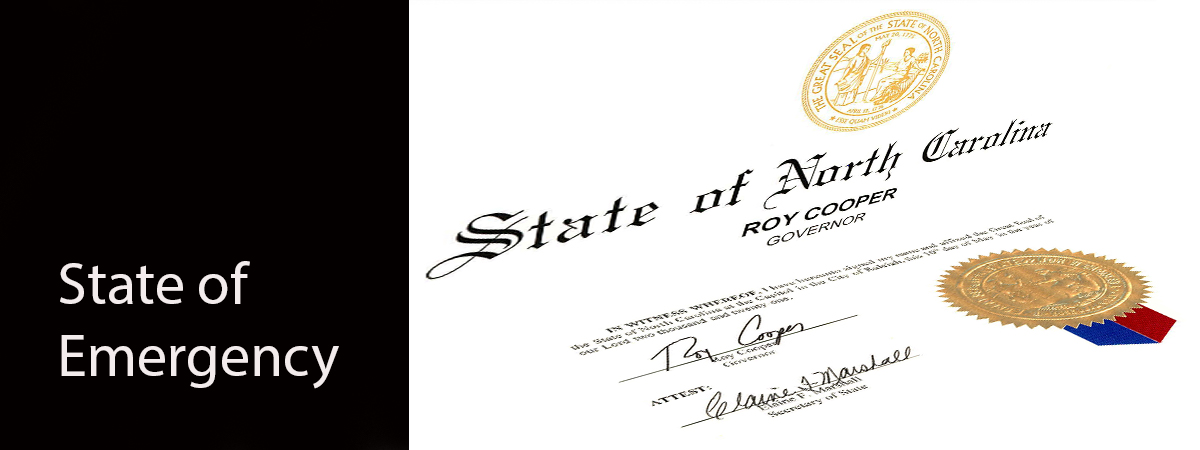
In response to the temporary shutdown of the Colonial Pipeline, N.C. Gov. Roy Cooper signed an Executive Order on Monday declaring a state of emergency in North Carolina and temporarily suspending motor vehicle fuel regulations to ensure adequate fuel supply supplies throughout the state.
Among other things, the declaration relaxes restrictions on the number of hours truck drivers may operate within a 24-hour period and weight restrictions for trucks hauling fuel. The declaration remains in effect for up to 30 days.
The Colonial Pipeline system is a primary fuel pipeline for North Carolina and the East Coast of the United States. It reported a ransomware cyber-attack on May 7, 2021, which has resulted in a temporary shutdown of that line, and may cause a disruption in the delivery of refined petroleum products including but not limited to fuel oil, diesel, jet fuel and gasoline.
“Today’s emergency declaration will help North Carolina prepare for any potential motor vehicle fuel supply interruptions across the state and ensure motorists are able to have access to fuel,” said Governor Cooper.
The Order received concurrence from the Council of State.
Lines started forming at filling stations in New Bern and across the state early Monday evening.
On May 9, 2021, the Federal Motor Carrier Safety Administration issued Regional Emergency Declaration 2021-002 to provide regulatory relief for commercial motor vehicle operations while providing direct assistance in supporting emergency relief efforts transporting gasoline, diesel, jet fuel, and other refined petroleum products into the affected states during the emergency from shortages due to the shutdown, partial shutdown, and/or manual operation of the Colonial Pipeline system.
The governor’s declaration, which applies to the entire state, was issued after a finding that the shutdown may cause residents and industry in the state to “suffer losses and further widespread damage.”
Read the declaration here.

